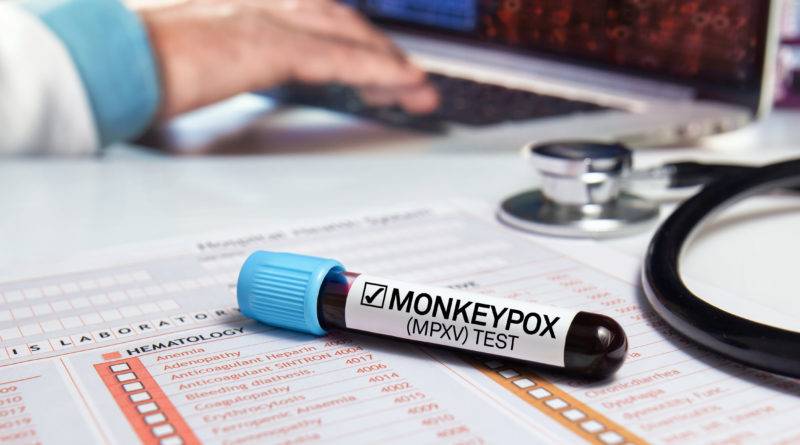What Is Monkeypox, and Where Are There Outbreaks?
35,558 total views, 2 views today
In the wake of the COVID-19 pandemic, everyone is a bit on edge concerning disease and viruses. One illness that’s been in the media recently is monkeypox, a disease that’s recently spread from Western Africa to the U.S. and Europe. What is monkeypox, where are the outbreaks, and should you be worried? Read on below for all this and more.
What is monkeypox?
Monkeypox is a rare viral disease caused by the monkeypox virus. The disease was first discovered in Africa in 1958 when an outbreak occurred among two colonies of monkeys that were kept for research.
The disease is known for the characteristic lesions that infected patients develop, similar to chickenpox and other similar diseases, but more severe.
What are the symptoms?
Monkeypox is similar to smallpox in many ways and comes from the same family of diseases as smallpox and cowpox. An infection begins with a fever, headaches, muscle aches, and exhaustion. There may also be swollen lymph nodes.
Within one to three days of the fever breaking out, the patient begins to develop a rash that increases in severity over the next two to four weeks. The rash typically grows into large pustules, eventually fading down into scabs. Most patients completely recover after four weeks or so.
Where are there outbreaks?
Monkeypox outbreaks have been a somewhat regular occurrence in Western Africa for over 60 years, but it’s the faster spread of it that’s concerning. As of now, there are 200 confirmed cases of Monkeypox outside of countries where it’s usually found. This includes 90 cases in the U.K., 118 in the European Union, and nine in the U.S.
The nine Monkeypox cases in the United States are spread across seven states, which makes them somewhat more concerning. The current confirmed cases are in Massachusetts, Florida, Utah, Washington, California, Virginia, and New York.
How is it transmitted?
Monkeypox rarely spreads through the air. It typically spreads only through prolonged direct contact with an infected person. The disease can be spread during sexual activity and other close physical contact, so it’s important to see a doctor quickly and isolate yourself if you have developed large boils and other symptoms.
Should you be worried?
The exact fatality rate of the disease is unknown, and the cases that have spread to the U.S. and Europe seem to be of a milder variant. In Africa, deaths occur in as many as one in ten people who contract the disease, but this may be partially due to underdeveloped healthcare systems. As of now, health experts have said that the disease is something to be cautious and aware of but not something to be concerned about.
There’s a vaccine for monkeypox that has been in production since before this recent outbreak, and the CDC has announced that it will be sent wherever it’s needed. The vaccine has been approved for use in anyone 18 years of age or older who needs it.

